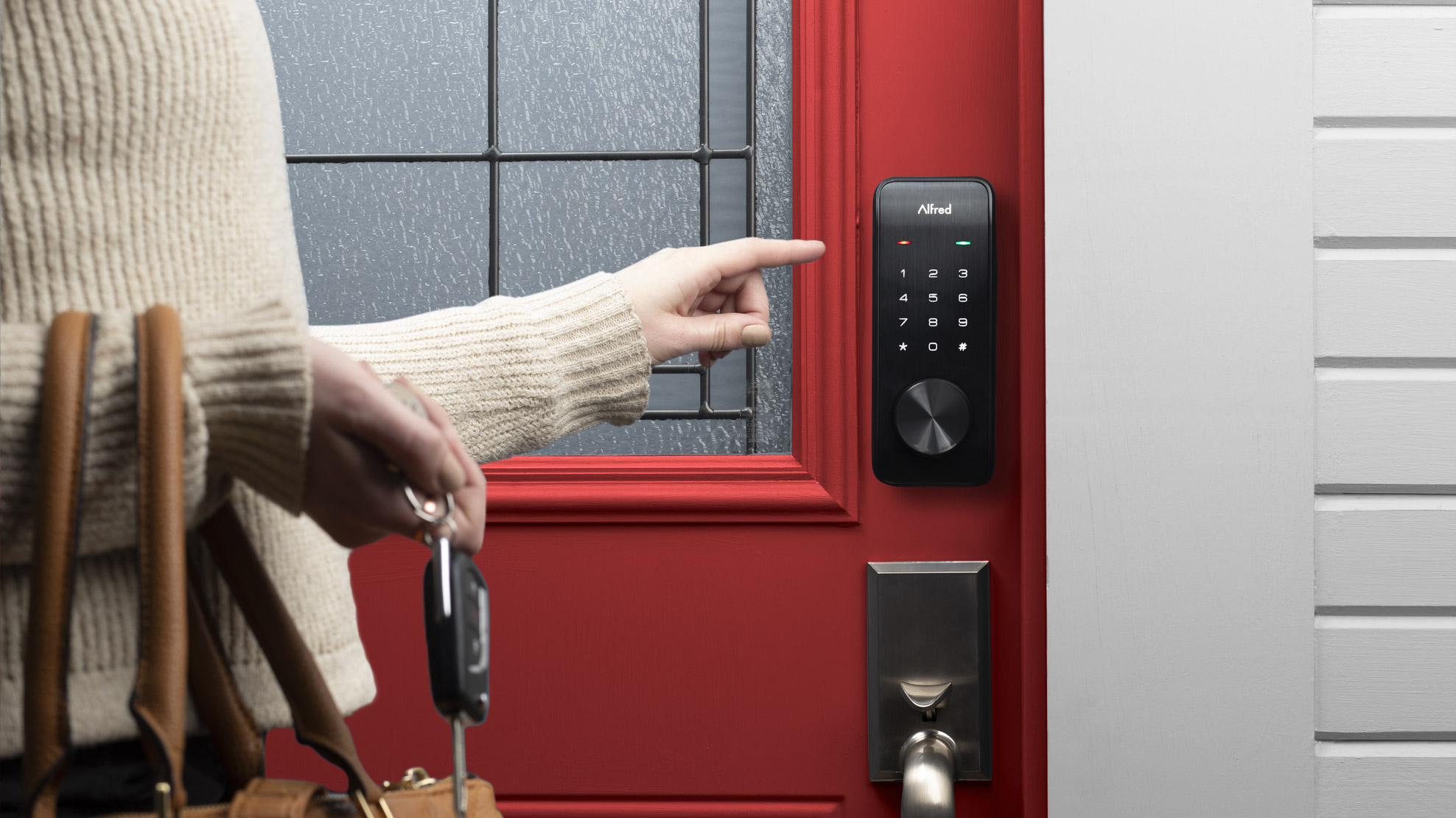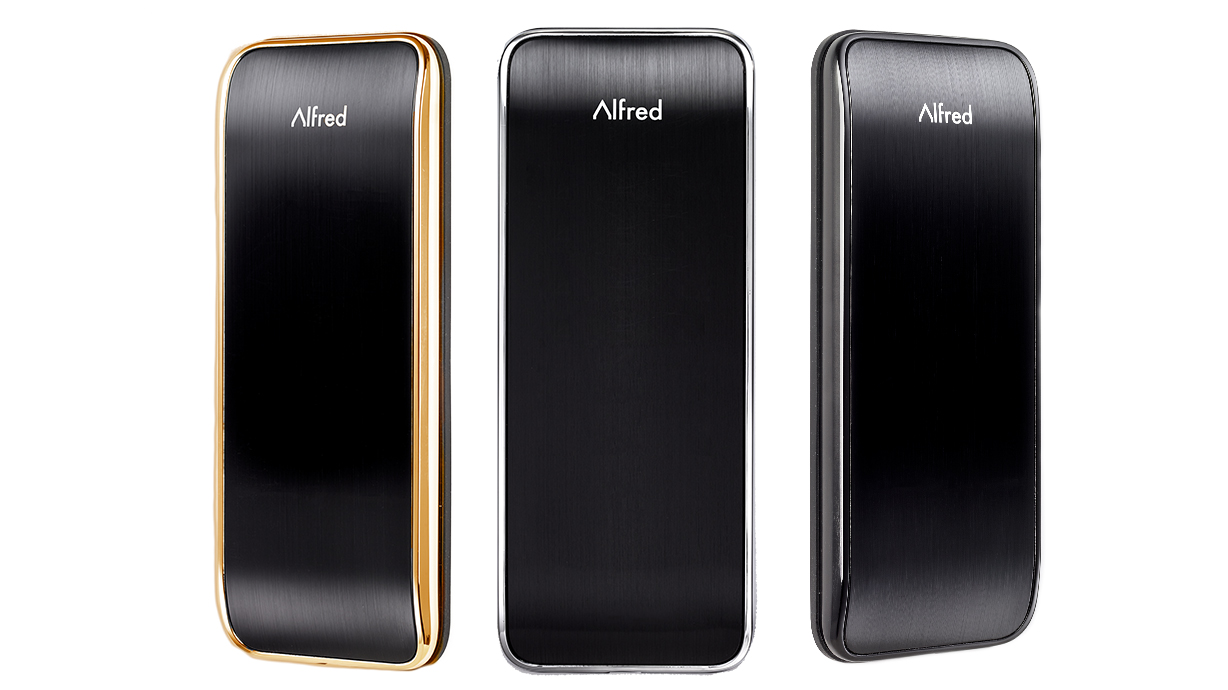
Other than when you forget your keys, you probably haven’t given the bouncer of your home much thought recently. And just like the tall gentleman that definitely reads every piece of ID he’s shown, your lock can be persuaded.
Locks have seen major advancements in the last few years. From their upgraded security features to the convenience they provide, lock technology has had its largest leap in technology in over a century.
Just how drastic is this change? Let’s take a brief look back at the history of the lock to see.
Before the traditional lock, we used more … creative solutions to protect their dwellings. Wealthy people in ancient India would build indoor ponds, place their valuables in containers that were sealed with wax, and then put them at the bottom of the ponds. To top it off, they’d fill the pond with crocodiles. If you’re considering this method, just remember that you need to retrieve the container at some point.
The forefather of the modern lock can be traced back 4,000 years to ancient Egypt, but the Romans are often credited as the first civilization to use a system that resembles the modern tumbler design. From there, locks became more commonplace, with the first metal version invented around 870 in England.
It wasn’t until the 1700s that locks saw their first serious attempt to improve security. In 1778, Robert Barron patented the double-acting tumbler lock, kicking off a period of innovation.
The pin-tumbler lock, the basis for the locks we use today, was invented by Linus Yale Sr. in 1848, and in the decades to follow, we’d see the invention of the combination lock, time-lock mechanism, and the first jimmy proof locks.
Locks were finally giving criminals a true challenge.
Since 1916, these innovations have slowed to a crawl. Security has seen steady incremental improvements, but the same issues that have always plagued locks still exist.
What do you do if you misplace your key? What happens if you need to let someone in when you’re not home? And how do you know who’s been in your home?
Which brings us to the first true innovation in a century: the smart lock.
Around 95 percent of homes in North America still use traditional locks that can be circumvented by most almost anyone. For the first time, smart locks are forcing criminals to rethink their methods. Centuries of knowledge based on slowly evolving technology is no longer relevant.
But smart locks offer much more than their ability to keep out intruders.
With the Alfred Smart Lock, you can assign up to 20 unique codes for every family member, tenant, and tradesperson. This lets you receive notifications and track when anyone uses each code, even when you’re in a different country. You’ll know who’s coming, and when.
a different country. You’ll know who’s coming, and when.
When you arrive home, there’s no need to reach for your keys or even punch in a code. With your smartphone nearby, you simply tap the lock, and the motorized deadbolt will open.
You also have the ability to use Alfred with your Google Home or Amazon Alexa. If you’re lying in bed wondering if you remembered to lock the door, just ask!
It might be time to move beyond the same system that’s existed for centuries. Smart locks provide a leap in security, and offer ease-of-mind knowing that you can check your home anytime and anywhere.
And while Alfred may not have the dramatic flair of crocodiles, he’ll protect your loved ones without the cleanup.
Join the smart lock revolution with Alfred, your new personal concierge. For a limited time you can get Canada’s top smart lock for just $129.99 during their Cyber Monday sale.
Check out the full range of Alfred Smart Locks at the links below.
DB1 / DB1-A $129.99 – (Regularly $199.99 – Save $70)
MobileSyrup may earn a commission from purchases made via our links, which helps fund the journalism we provide free on our website. These links do not influence our editorial content. Support us here.


